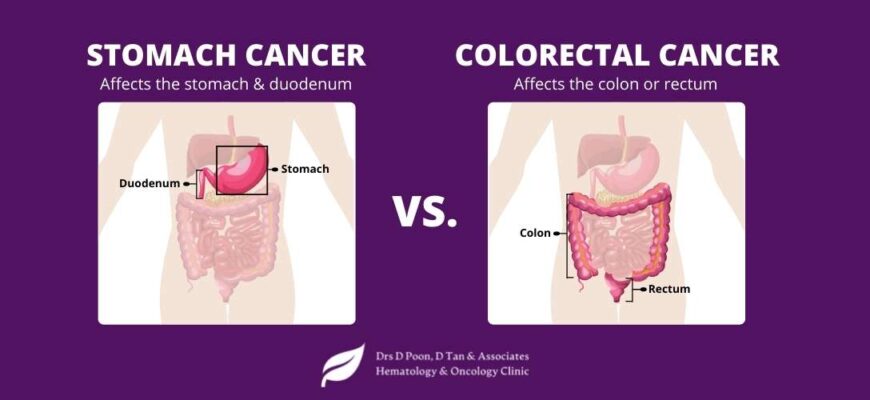In the relentless pursuit of breakthroughs against cancer, scientists often focus on complex drugs and cutting-edge therapies. Yet, sometimes, the most profound answers aren`t found in a laboratory`s intricate concoctions but rather quietly residing in the produce aisle. Recent international research has brought into sharp focus the often-underestimated power of a common garden vegetable: broccoli, and its cruciferous cousins.
A Global Health Challenge Meets a Simple Solution
Colorectal cancer remains a formidable global health challenge. With approximately 1.9 million new cases diagnosed annually and claiming a heartbreaking 900,000 lives in 2022 alone, the search for effective prevention strategies is more urgent than ever. While genetic predisposition and lifestyle factors play significant roles, a compelling new meta-analysis published in BMC Gastroenterology suggests that a dietary intervention as simple as incorporating certain vegetables could significantly tip the scales.
This extensive study, which pooled data from over 17 investigations involving more than 600,000 participants, revealed a remarkable finding: individuals who regularly consumed cruciferous vegetables experienced a 20 percent lower risk of developing colorectal cancer compared to those with lower intake. It appears our parents` persistent advice to “eat your greens” might have been a profound, albeit irritating, prophecy.
Beyond the Plate: The Science Behind the Green Defense
What makes these seemingly innocuous vegetables so potent? The secret lies in their rich biochemical arsenal. Cruciferous vegetables, a family that includes broccoli, cabbage, cauliflower, and Brussels sprouts, are brimming with beneficial phytochemicals. These include:
- Flavonoids: Potent antioxidants that combat cellular damage.
- Fiber: Crucial for digestive health and regularity.
- Vitamin C: A well-known immune booster and antioxidant.
- Carotenoids: Precursors to Vitamin A, also with antioxidant properties.
However, the true stars of this botanical show are the isothiocyanates. When cruciferous vegetables are chewed or chopped, these phytochemicals undergo a transformation in the stomach, breaking down into these highly bioactive compounds. Isothiocyanates have been shown to perform a dual role in cancer prevention:
- They can block enzymes that activate carcinogens, essentially disarming potential cancer-causing agents before they can inflict damage.
- They can suppress the formation of new blood vessels in tumor sites (a process known as angiogenesis), effectively starving nascent tumors of the resources they need to grow and spread.
This sophisticated natural defense mechanism highlights why these vegetables are far more than just “roughage.”
The “Sweet Spot” and Geographic Puzzles
The research also pinpointed an optimal daily intake: consuming between 20 and 40 grams of cruciferous vegetables appeared to yield the best protective effect. Interestingly, the benefits didn`t significantly increase beyond the 40-gram mark, suggesting that moderation, as with many things, is key. There`s no need to exclusively subsist on broccoli for maximum gain.
Another intriguing aspect of the study was the observed geographic variation in effectiveness. The protective effect was particularly pronounced among participants in North America and Asia, yet less significant in Europe and Australia. This regional disparity poses an interesting question. Could it be due to differences in genetic predispositions, gut microbiome compositions shaped by local diets, or perhaps varying culinary preparation methods that impact nutrient bioavailability? The scientific community will undoubtedly delve deeper into this curious observation.
Embracing the Green Revolution on Your Plate
For those seeking tangible ways to bolster their defense against colorectal cancer, the message is clear and remarkably simple: add more cruciferous vegetables to your diet. Given their year-round availability and affordability, there`s little excuse not to. A mere 20-40 grams, equivalent to a small serving, can contribute to a significant risk reduction.
For those who still view broccoli with childhood skepticism, perhaps it`s time for a grown-up reconsideration. The notion that an accessible, everyday food can offer such profound protection against one of the deadliest cancers is a testament to nature`s pharmacy. In an era often dominated by complex medical interventions, the simple act of choosing a broccoli floret might just be one of the smartest health decisions you can make.








